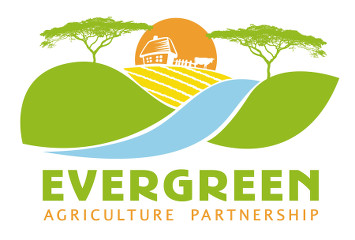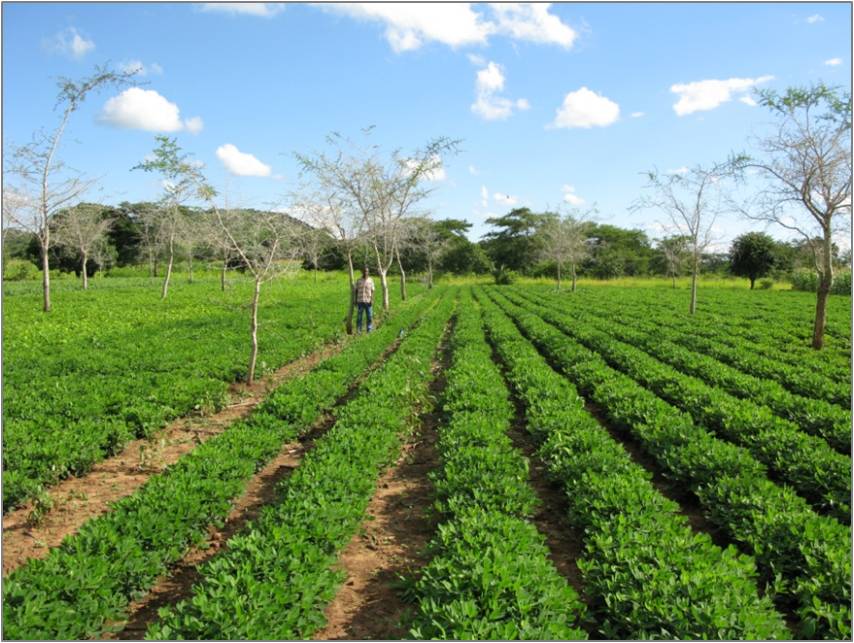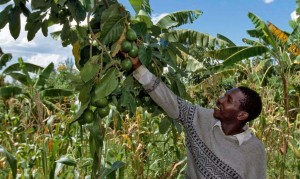ACIAR’s forestry project FST/2011/076, which is undertaking research on enhancing agroforestry and community forestry systems in Nepal, has been conducting its activities for the past 19 months and already we are beginning to see some short term impacts. Many farmers in the project sites have indicated that they need access to better germplasm if they are to improve their agroforestry systems as the preferred tree species are not readily available.
Edwin Cedamon, a project scientist from the University of Adelaide, has been working with his Nepali colleagues to train farmers in how to establish their own small nurseries. Edwin, who originally came from the Philippines, undertook postgraduate study in Australia with the support of ACIAR’s John Allwright Fellowship scheme while he was working on an ASEM project in the Philippines. Edwin has introduced the raised nursery bed technology that was used in the ASEM project in the Philippines to farmers in Nepal. These nursery beds are easy for farmers to construct from locally available materials and they have the advantage over the traditional ground based nursery beds in that the plants don’t become waterlogged and the root systems are “air pruned”.
At one of the project sites at Chaubas in Kabhre Palanchok district, the Australian Government supported the establishment of a community sawmill in the mid 1990s. This sawmill draws its timber from five community forests, that were also established with the support of Australian aid. It operated successfully for a number of years and the local community forestry user groups that operated the sawmill used it to generate the funds required to build a new school in the village. However, it closed in 2011 as a result of disputes between the various community forest user groups and bureaucratic problems associated with approvals to harvest timber from the community forests.




